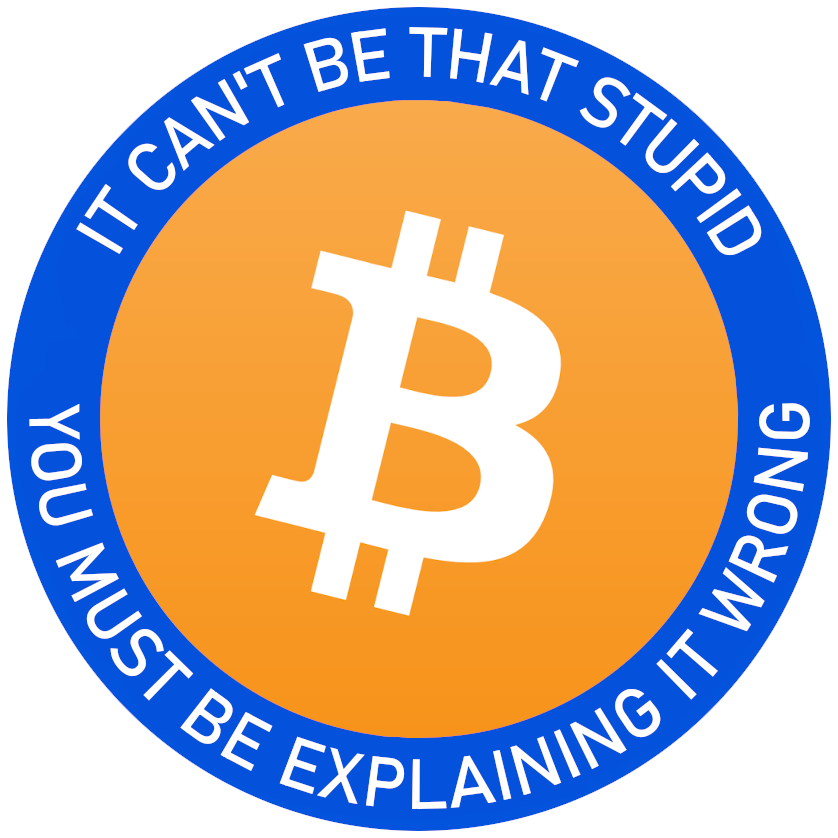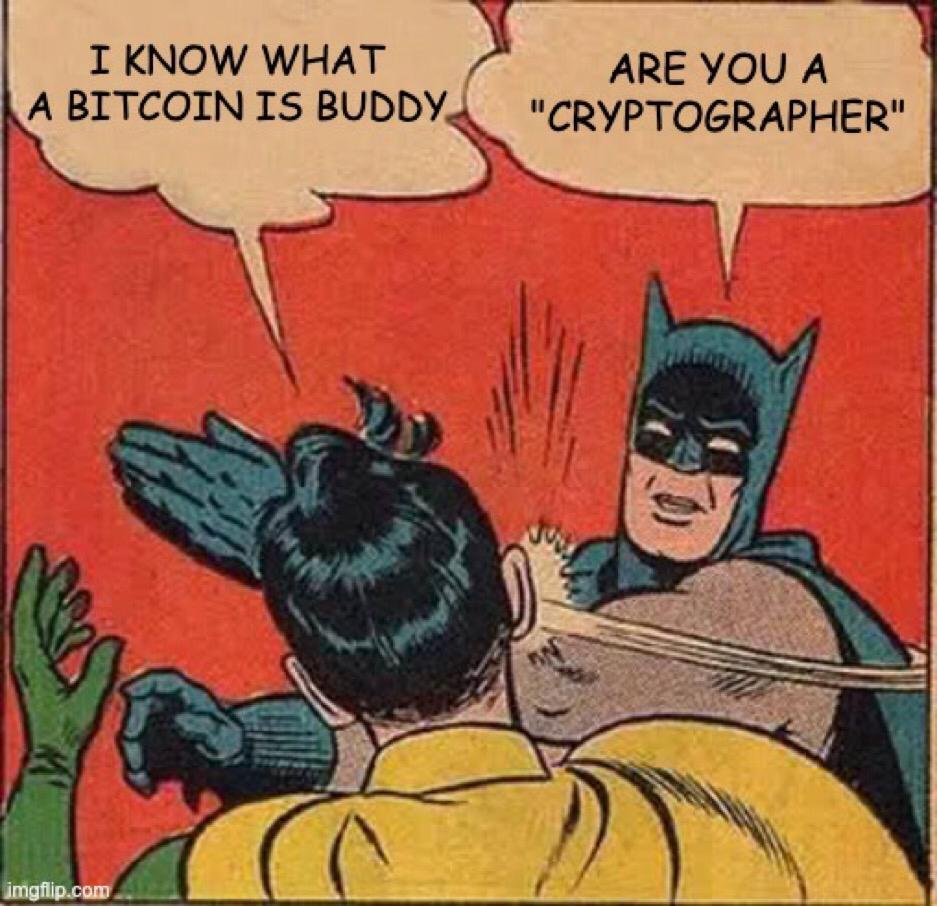-
 @ Komi_Hartman
2024-06-17 08:15:35
@ Komi_Hartman
2024-06-17 08:15:35Cryptography, the art of creating & using methods to disguise messages, plays a crucial role in modern society. It safeguards privacy & sensitive information across personal, commercial & political spheres. Despite its importance, cryptography often fails to provide basic online privacy for ordinary individuals. This failure raises questions about the field's ability to uphold its moral compass, given its foundational goal of ensuring secure communication.
Cryptography has generated number theory, algebraic geometry over finite fields, algebra, combinatorics & computers.~VI. Arnold
Role & Challenges of Cryptography
Cryptography lies at the intersection of security engineering & mathematics, underpinning many modern security protocols. While essential, it's notoriously difficult to implement correctly. Misapplications & inefficiencies are common, leading to failures in protecting the right assets. Cryptographers must design encryptions that serve as the backbone of secure communication. Throughout various discourses, we can observe numerous ways in which communication can become encrypted, where meaning is intentionally obscured & speech is cloaked in code or hints. This practice can arise from the necessity to evade censorship, protect sensitive information, or navigate social & political constraints.
Politics & Cryptography
Cryptography isn't merely a technical field; it has profound political implications. The perception that cryptographic work is apolitical overlooks its significant societal impact. Historically, cryptographers were more attuned to these dimensions, recognizing how their work could shape societal norms & governance.
“We appeal as human beings to human beings: Remember your humanity & forget the rest.” ~Russell-Einstein Manifesto.
The cypherpunk movement, a group of coders dedicated to advancing privacy online through cryptography, dates back to nearly 15 years before their first formal meeting in 1992. The cypherpunks ethos emphasizes the defense of digital freedoms & the democratization of cryptographic tools.
Retrospective: Before the widespread adoption of cryptographic systems in the 1980s, a groundbreaking development occurred in 1976. Whitfield Diffie & Martin Hellman published a paper at MIT introducing 'public-private key encryption', enabling secure data exchange without revealing the identities of the parties involved. This innovation, known as the Diffie-Hellman-Merkle key exchange (acknowledging Ralph Merkle's contributions), laid the groundwork for secure, private online transactions. The significance of this algorithm was propelled into the public domain by cypherpunk Mark Miller, who anonymously distributed copies of the paper to numerous publications to prevent governmental suppression of the technology. This act of dissemination was pivotal in ensuring the adoption of secure cryptographic methods.
Today, we have witnessed marvelous achievements in this field & Satoshi Nakamoto's creation of Bitcoin exemplifies this by using cryptography to challenge centralized control & promote financial autonomy. This movement views technology as a political tool to propagate values against government control over cyberspace... Nostr, also stands as a shining example of the cypherpunk ethos in action.
Casuistic: The internet is built on an insecure protocol, but it is possible to built secure protocols within the insecure one that are commonly available.
"Cypherpunks are therefore devoted to cryptography. Cypherpunks wish to learn about it, to teach it, to implement it & to make more of it. Cypherpunks know that cryptographic protocols make social structures. Cypherpunks know how to attack a system & how to defend it. Cypherpunks know just how hard it is to make good CryptoSystems". ~Eric Hughes, The Cyphernomicon.
Cryptography & Equality : 'Simple abstraction'
At the heart of cryptography lies the fundamental symbol of mathematics: the equals sign (=). This symbol represents both mathematical & societal equality. As mathematics permeates diverse domains, its influence extends to politics, transforming differences into catalysts for societal advancement. Cryptographic principles, such as Fermat's Little Theorem used in RSA encryption, highlight the intersection of mathematics, politics & human rights. By promoting secure & private communication, cryptography upholds the values of equality & integrity, empowering individuals to assert their rights & freedom in a digitized world... Thus, Governments shouldn't weaken or undermine encryption standards or influence their establishment, except to enhance information security. No government should mandate the use of insecure encryption algorithms, standards, tools, or technologies. Additionally, governments should not compel or pressure entities, whether privately or publicly, to act against these principles. Encryption is essential for everyone using internet, enabling secure online banking & shopping, protecting our communications & supporting the exercise of numerous human rights.
Bitcoin Revolution: "Isn't stupid" but rather a sophisticated system designed to ensure secure, decentralized & private transactions!
Bitcoin, leveraging cryptographic principles, democratizes access to financial resources & challenges centralized financial institutions. Satoshi Nakamoto's vision embodies liberation & autonomy, inspiring individuals to reclaim their economic sovereignty. This revolution underscores cryptography's potential to effect meaningful societal change. Bitcoin's principles can seem overly simplistic or even nonsensical, but a deeper understanding reveals its sophisticated & secure underpinnings...
The Mathematical Foundation of Bitcoin: 'It can't be that stupid !'

Central to Bitcoin's security is the use of cryptographic principles grounded in mathematics. (Complex principles that are often not immediately apparent). Satoshi Nakamoto implemented a 'proof-of-work system', ensuring that transactions could be securely verified without a central authority. This system relies on solving complex mathematical problems, highlighting the importance of mathematics in cryptographic applications. So, why do we notice a hint of 'Skepticism' when debating on this subject? - Maybe due to a lack of understanding of these complexities... Once explained correctly, the elegance & security of Bitcoin become apparent, dispelling the notion that it is 'stupid'. (Important: Before-After-How it goes!)
Cryptography is a science, not engineering. ~Collin Percival
Notably, it's evident that learning cryptography effectively doesn't require coding but rather a deep understanding of mathematical proofs (Colin Percival). This principle underscores the theoretical foundation upon which modern cryptographic methods are built, further emphasizing the importance of rigorous academic study in advancing cryptographic knowledge.
A Funny Dialogue on Fermat's Little Theorem & Cryptography: This theorem is essential in various cryptographic algorithms, including RSA encryption, which underpins much of the secure communication on the internet.

Robin: "I know what bitcoin is, buddy!"
Batman: "Shut up! Are you a cryptographer? Let's test your knowledge using Fermat's Little Theorem to evaluate primality!"
Robin: "Alright, pick a prime number candidate p.”
Batman: "How about p=17?”
Robin: "Sure, let's pick a random base a & apply Fermat's Little Theorem: a^{p-1} \mod p."
"Robin picks a=2 & calculates 2^{16} \mod 17, which results in 1.”
Robin: "Since the result is 1, p might be prime, but let's repeat the test with more bases to increase confidence."
This funny dialogue illustrates the practical application of Fermat's Little Theorem in testing the primality of a candidate number, showcasing cryptographic principles in an engaging manner. Satoshi's innovative amalgamation of cryptographic technologies, particularly the use of proof-of-work & mathematical rigor, birthed the revolutionary concept of the blockchain, a decentralized digital ledger where each participant maintains a complete transaction history. This blend of cryptographic principles & mathematical proofs is central to the security & functionality of Bitcoin, highlighting the crucial role that mathematical understanding plays in modern cryptography. By emphasizing proofs over coding, cryptographers can ensure the robustness & integrity of cryptographic systems, aligning with the cypherpunk ethos of empowering individuals through secure, private communication technologies.
Conclusion
Cryptography emerges as a potent force for societal transformation, empowering individuals to challenge centralized control & assert their rights. As we navigate the modern world, embracing the power of cryptography can help forge a future where freedom, equality & justice prevail. However, the proliferation of strong cryptography also challenges law enforcement & intelligence agencies, highlighting the need for a balance between privacy & surveillance.
Ultimately, rather than controlling the dissemination of cryptographic knowledge, we should equip individuals with the tools to protect their privacy & freedom of speech, thus strengthening democratic principles.
P.S. While this overview doesn't encompass all aspects of cryptography, it serves as a benchmark & parameter for better understanding & studying the field. Mastery of cryptography comes through practical application, exercises & continual engagement with real-world problems & foundational elements.